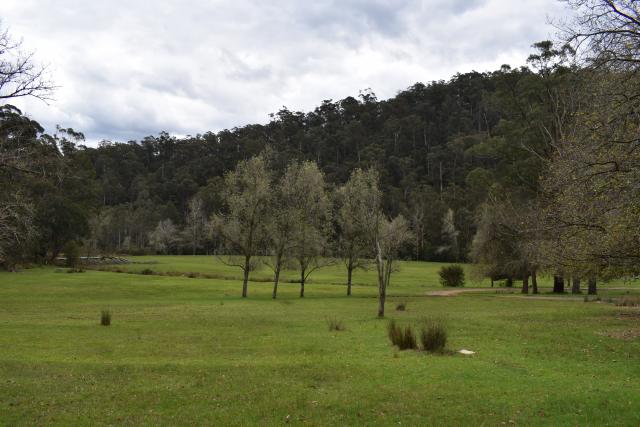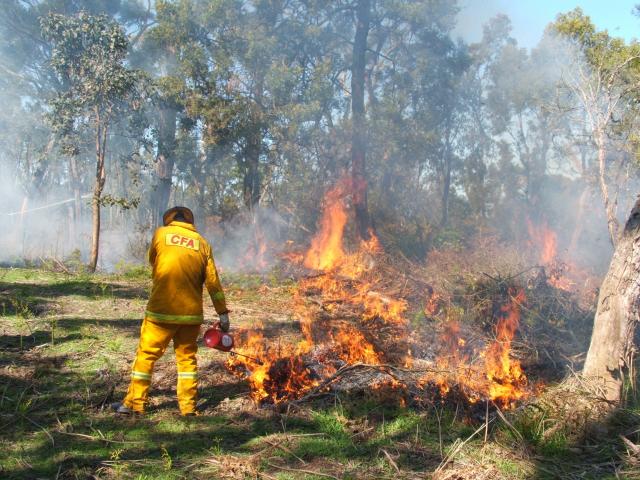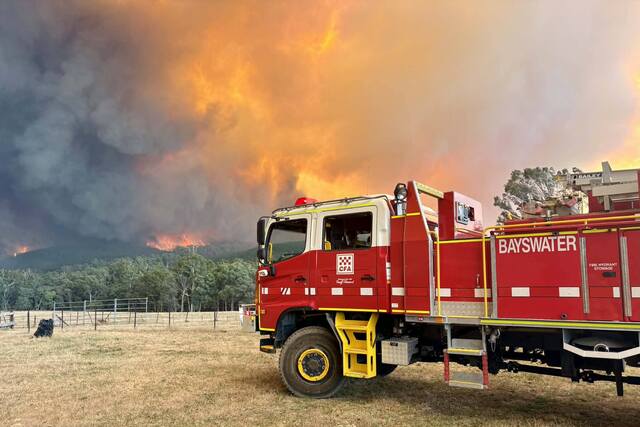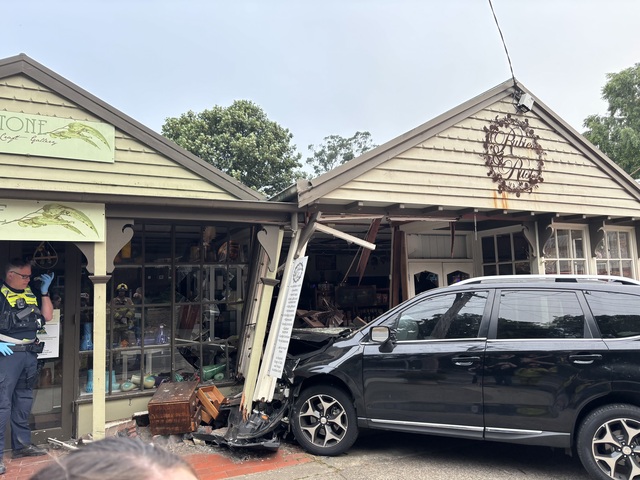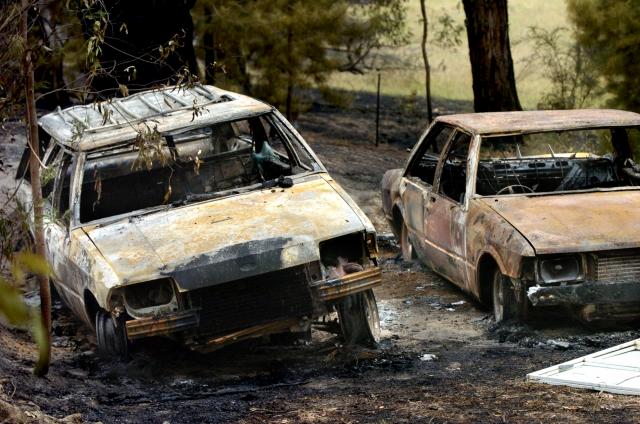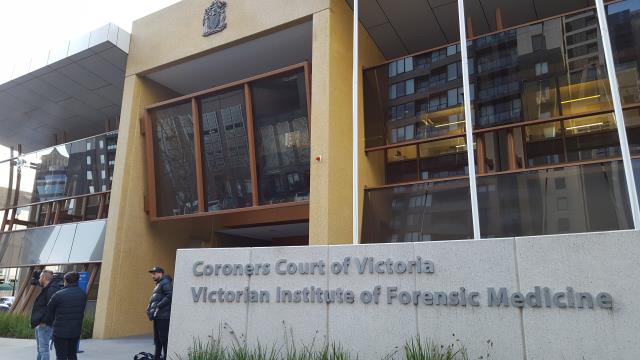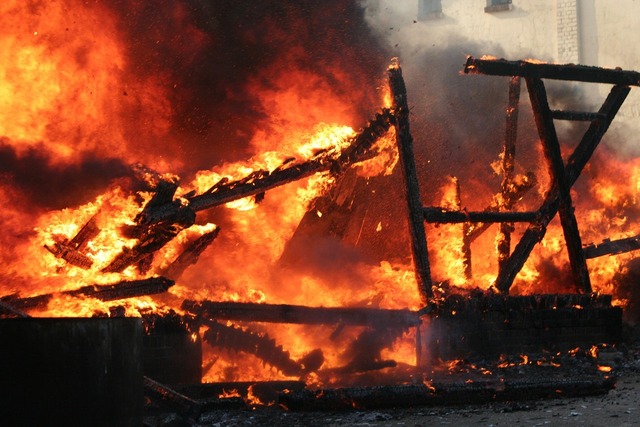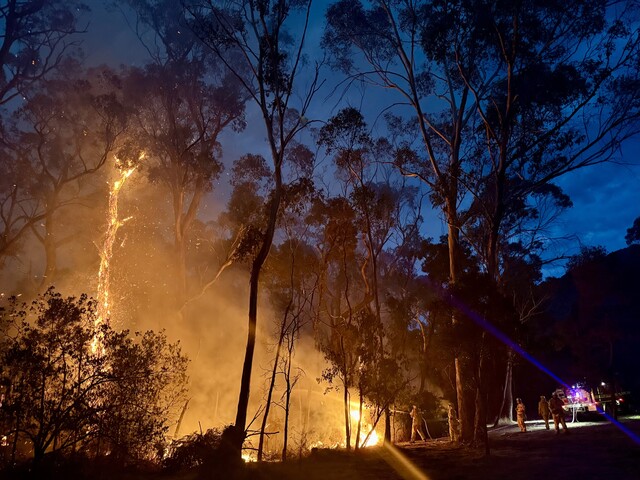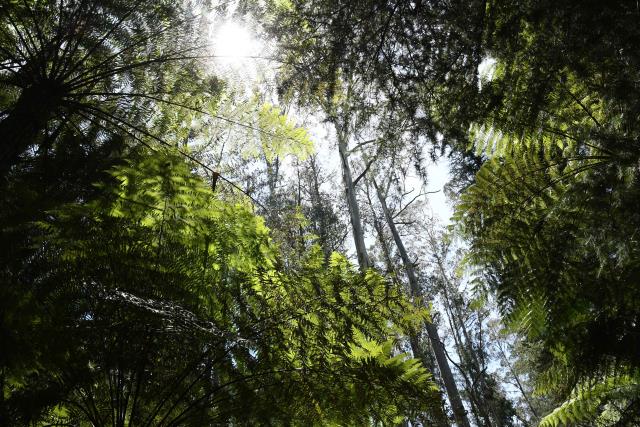Above-average spring rainfall has prompted a reminder from peak bodies for Victorians to plan ahead and stay up to date while planning a regional getaway during the upcoming Melbourne Cup long weekend, with flooding impacting many popular public campgrounds and visitor hotspots.
While parts of the state remain open and ready for long weekend visitors, holidaymakers are asked to choose their destination carefully. Several state forests and national parks have been closed due to flood and storm damage, particularly in northern Victoria.
Forest Fire Management Victoria Acting Chief Fire Officer Allyson Lardner said Victoria’s national parks and state forests are wonderful destinations.
“We want people to enjoy them as much as possible but with public safety our number one priority, we’ve had to close some forests, roads and visitor sites until we can fully assess and repair them after recent weather events.”
Numerous roads, tracks and visitor sites have also been closed for public safety and seasonal road closures have been extended in many areas due to conditions.
Parks Victoria Executive Director Operations Kylie Trott said they encourage visitors to plan ahead and be prepared for changing conditions for this long weekend, even if the rain has stopped, the impacts of the flooding are not over.
“Camping and visitor access will be limited so if you do visit public land this weekend, please treat staff with patience and respect as they work hard to respond to this ongoing emergency.”
During this rapidly changing emergency situation, parks and forests may be inaccessible or unsafe, without closures, physical barriers or signage yet in place. Victorians should plan ahead, be prepared for changing weather conditions and how this can impact tracks, roads, river crossings and trees.
“If you are planning to explore our forests on foot, bike or 4WD this long weekend, it’s crucial you follow the advice of authorities to protect yourself and the environment,” said Chief Conservation Regulator Kate Gavens.
Alternative destinations and regularly updated information about closures can be found on the DELWP and Parks Victoria websites.
For public safety, authorised Officers from DELWP, Parks Victoria and the Conservation Regulator will also be patrolling forests, parks and reserves targeting illegal off-road activity, littering and unsafe campfires. It is an offence to use closed roads and areas.
Anyone caught illegally riding or driving vehicles off-road in state forests and parks can face on-the-spot fines of $185 or up to $500 if the matter is taken to court. Damaging, disturbing or destroying wildlife habitat carries a maximum fine of more than $9,000.
Anyone who witnesses illegal vehicle use or rubbish dumping on public land is encouraged to report it on 136 186.
For more information about rules in state forests, including campfires and vehicle use, visit www.vic.gov.au/rules-in-state-forests
Long weekend traveller safety tips:
Download the VicEmergency app and set up watch zones for the areas you plan to visit, including the route to get there. That way, you’ll get emergency warnings and notifications for those areas.
Check the VicEmergency app and/or website before you travel, and don’t travel to areas affected by flooding or other emergencies.
Plan ahead and be prepared for changing conditions this upcoming long weekend; what will you do if the weather forecast changes or if your favourite spot is already taken or closed?
Check the DELWP and Parks Victoria websites regularly for road, track, park and forest closures on public land, and the VicTraffic website for other road closures.
The soft, wet ground has increased the likelihood of trees uprooting and falling over. Roads and tracks currently accessible may become cut off if trees fall. Drive carefully and be aware that road surfaces and shoulders will be soft and can give way.
Don’t camp too close to rivers as they can rise quickly under current conditions. Never camp directly under trees.
Tracks and rocks will be muddy and slippery, increasing the risk of injury. Water crossings in many areas are high and fast flowing and may not be passable for hikers. Have a back-up plan or alternative route in place.
Never drive in floodwaters – it could be the last thing you do. A small car can float in only 15 cm of water.
Report any hazards by calling 136 186.

